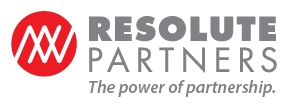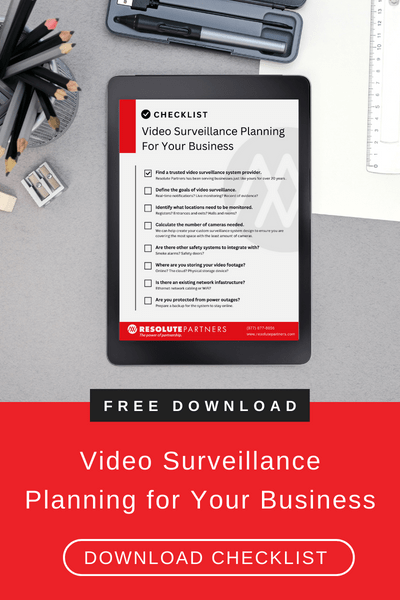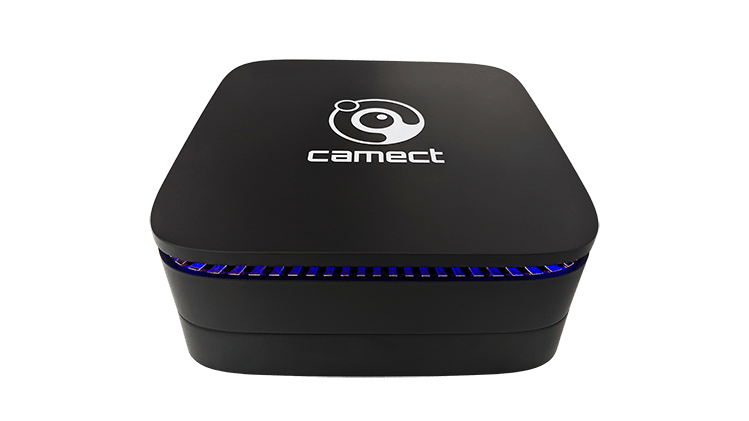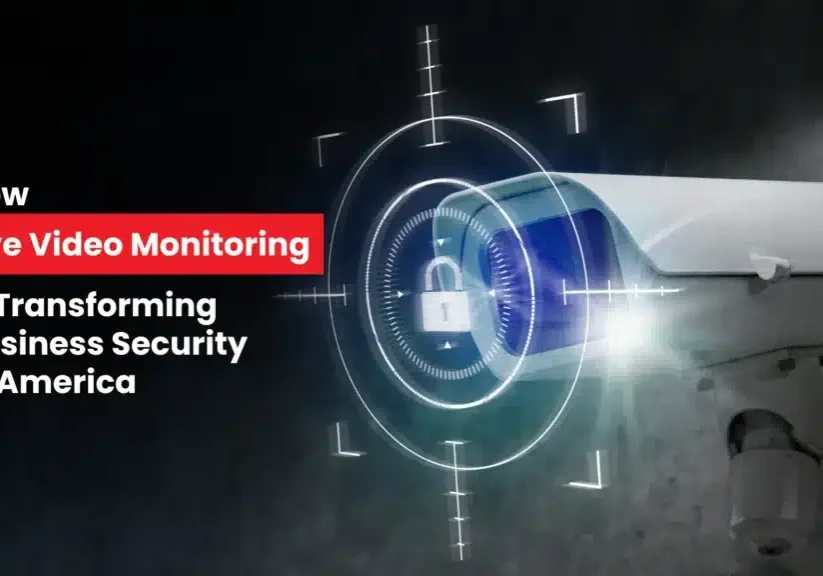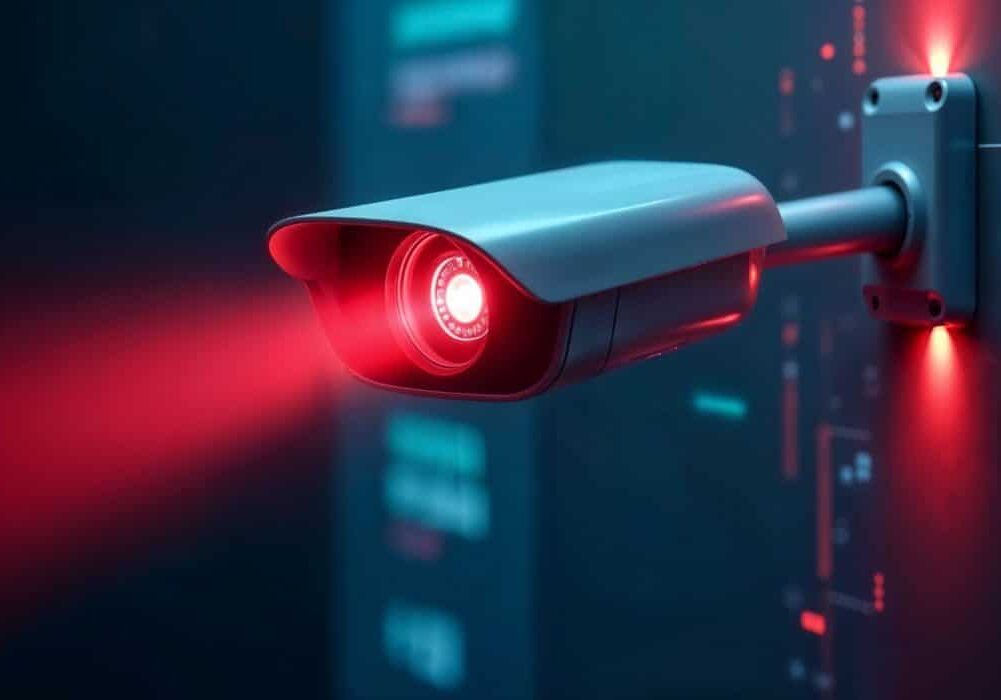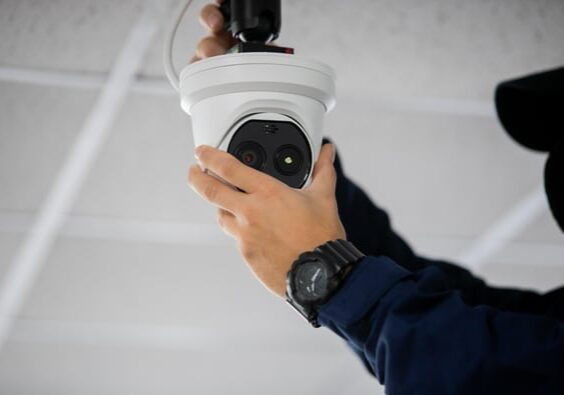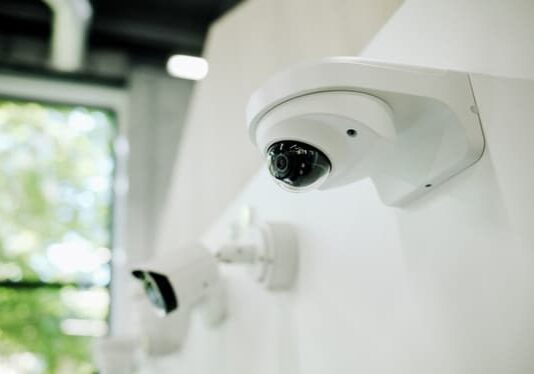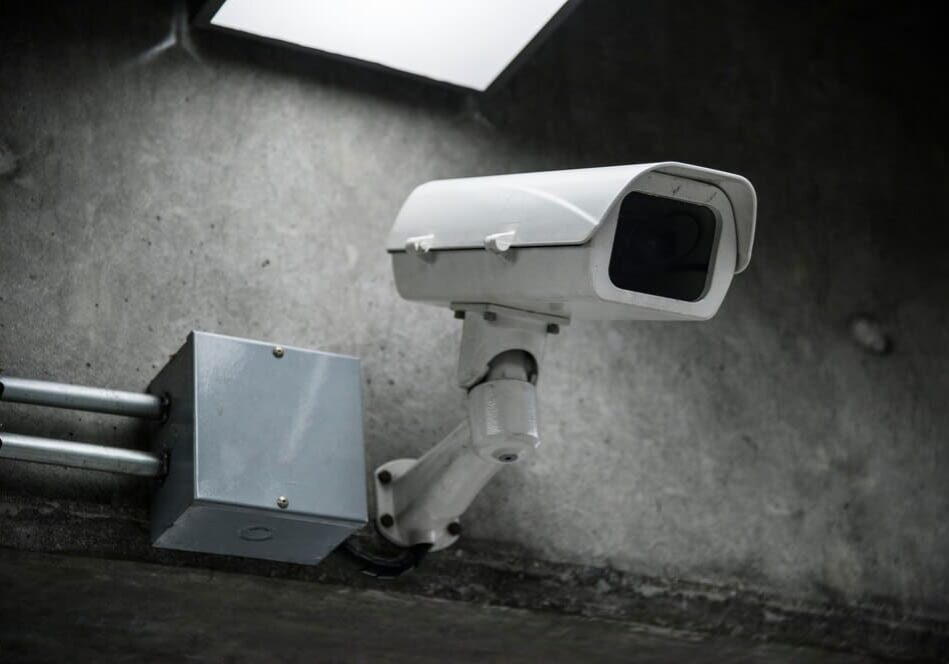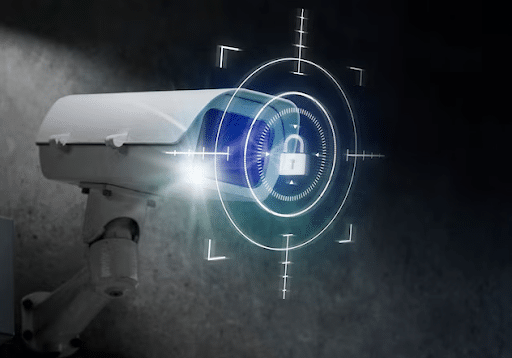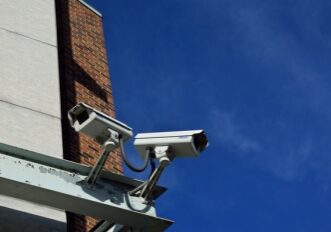Security is a top concern for property owners, but the benefits of advanced security systems extend beyond just peace of mind. One often overlooked advantage is the potential to significantly lower insurance premiums since many insurance providers recognize the value of robust security measures in reducing risk.
In turn, enticing discounts are offered to property owners who invest in advanced security systems.
Understanding The Connection
Risk Mitigation and Insurance Discounts
Insurance is fundamentally a risk management tool. Insurers assess the level of risk associated with insuring a property and determine premiums accordingly. The presence of advanced security systems significantly mitigates the risk of theft, vandalism, and other threats, reducing the likelihood of claims.
This risk reduction then becomes a powerful negotiating point for property owners seeking lower insurance premiums.
Data-Driven Assessments
It’s also crucial to note that insurers are increasingly relying on data to evaluate risk. Security systems equipped with smart technology provide real-time data, enabling insurers to make more accurate assessments.
This shift toward data-driven decision-making can work in your favor, positively influencing insurance calculations.
The Types Of Security Systems That Matter
Not all security systems are created equal in the eyes of insurers. Understanding the types of security measures that have a significant impact on insurance premiums is crucial for property owners looking to optimize their risk profile.
Surveillance Cameras
Surveillance cameras act as vigilant guardians, serving as crime deterrents and capturing crucial footage that aids in investigations in the event of a security breach. Insurers highly value the presence of high-quality surveillance systems, often translating into reduced premiums.
Access Control Systems
Limiting and monitoring access to your property is a fundamental security measure. Access control systems, including key card entry and biometric authentication, bolster your defense against unauthorized intruders, impressing insurers and potentially lowering premiums.
Intruder Alarms
Intruder alarms are the first line of defense, instantly altering authorities and deterring potential intruders. Insurance companies recognize the effectiveness of these systems, frequently offering premium reductions for properties equipped with reliable intrusion detection.
Smart Security Integration
The convergence of technology has given rise to smart security systems that offer comprehensive protection. Integrating these systems not only enhances your property’s security via advanced analytics, but also positions you favorably in the eyes of insurers.
The Financial Impact
Investing in security measures goes beyond the immediate benefits of insurance premium reductions. It is a strategic financial decision that can have a far-reaching impact on your overall financial health and longevity.
Long-Term Cost Savings
While the initial investment in security systems may seem substantial, the long-term cost savings can be significant. Lower insurance premiums over the years, coupled with potential reductions in the frequency and severity of claims, contribute to a healthier bottom line.
Enhanced Property Value
A secure property is an attractive property. Beyond insurance considerations, the market value of your property can increase with the integration of advanced security systems. This added value can be a prudent investment in the event of a future sale or refinancing.
Consider The Full Cost Of Security Breaches
Understanding the potential consequences of security breaches is paramount. Beyond the immediate financial impact, security lapses can have cascading effects that reverberate through various aspects of your business.
Damaged Or Lost Property– Both Physical And Intellectual
Theft, vandalism, or destruction of physical assets is an immediate consequence of inadequate security. Moreover, the loss or compromise of intellectual property can have severe long-term implications for your business.
Subsequent Insurance Costs
A security breach may trigger increased insurance costs, negating any potential savings from prior risk mitigation efforts. Insurers often reassess premiums following a claim, and a history of security incidents can lead to higher costs.
Legal Fees & Liabilities
Security breaches may result in legal repercussions, too, leading to costly legal fees and potential liabilities. Ensuring robust security measures can act as a legal safeguard, preventing potential legal entanglements.
Reputation Damage
The fallout from a security breach also extends to intangible assets. Most notably, your business’s reputation.
Rebuilding trust and credibility in the aftermath of a breach can be a daunting task, impacting customer loyalty and stakeholder relationships.
Lost Clients & Business
Clients are increasingly discerning when it comes to choosing business partners. A security breach can lead to the loss of clients and business opportunities, creating a ripple effect that extends beyond immediate financial losses.
Specific Parameters For Insurance Discounts
In order to qualify for insurance discounts, your provider will likely have a list of minimum security system requirements that must be met in different areas. Here’s what to know and implement in different sectors of your surveillance strategy to satisfy most general benchmarks.
Monitoring Center Requirements
Surveillance system monitoring centers must be owned and operated within North America. Additionally, they must be either UL Certified, a TMA (also known CSAA) Member, or Five Diamond Certified.
Surveillance System Requirements
Your surveillance system must cover 100% of the property perimeter and operate in low-light conditions using either IR illumination or thermal imaging cameras. Surveillance systems should also be able to detect and discriminate, in real-time, the intrusion of people or vehicles along the site perimeter using automatic visual content analytic capabilities and zone calibration functionality to reduce false alerts.
Additionally, surveillance systems should be able to notify monitoring centers of any possible intrusions to be verified and be able to prompt immediate responses in the event of any breaches.
Other surveillance system requirements may include:
- Ability to set the security system as “armed” during non-working hours with a failsafe method for the system to “arm” itself based upon a predetermined schedule.
- Equipped with both:
- A live, audible voice-over capability to “talk down” intruders located at any perimeter point.
- A strobe or lighting feature to visually indicate to intruders that they have been detected by the system.
- Both primary and backup power systems that are tamper-proof and monitored for battery health. Additionally, automatic monitoring center notifications to have site personnel dispatched if system power becomes low.
- Daily random cycle counts of camera field of views (FOVs) to monitor camera view and site health.
Frequently Asked Questions
Insurance providers assess risk based on factors like theft and vandalism. Implementing robust security measures, such as surveillance cameras and access control systems, significantly reduces these risks, leading insurers to offer lower premiums to property owners.
Surveillance cameras act as deterrents and provide crucial footage for investigations. Access control systems limit unauthorized entry, and intruder alarms alert authorities promptly. Integrating smart security systems with advanced analytics further enhances protection and can lead to additional discounts.
Many insurers now rely on real-time data from smart security systems to evaluate risk more accurately. This data-driven approach allows for more precise assessments, potentially influencing insurance calculations and leading to cost savings for property owners.
Beyond immediate insurance discounts, investing in security systems can lead to long-term cost savings by reducing the frequency and severity of claims. Additionally, enhanced security can increase property value and appeal to potential buyers or tenants.
Insurers often prioritize measures that directly mitigate risk, such as high-quality surveillance cameras, reliable intruder alarms, and controlled access systems. Properties equipped with these features are viewed as lower-risk, making them eligible for reduced insurance premiums.

Michael S. Blanco is the Chief Executive Officer and Co-Founder of Resolute Partners, LLC, where he leads strategic initiatives across various divisions. After owning family entertainment centers in New England, he co-founded Resolute Partners in 1996, launching the first Internet cafés for the U.S. Navy and partnering with AT&T for global deployment. A pioneer in wireless communications, Michael has expanded the company’s focus to include Energy Management/IoT, Cybersecurity, and Managed Video Security. He holds a degree from the Rochester Institute of Technology.
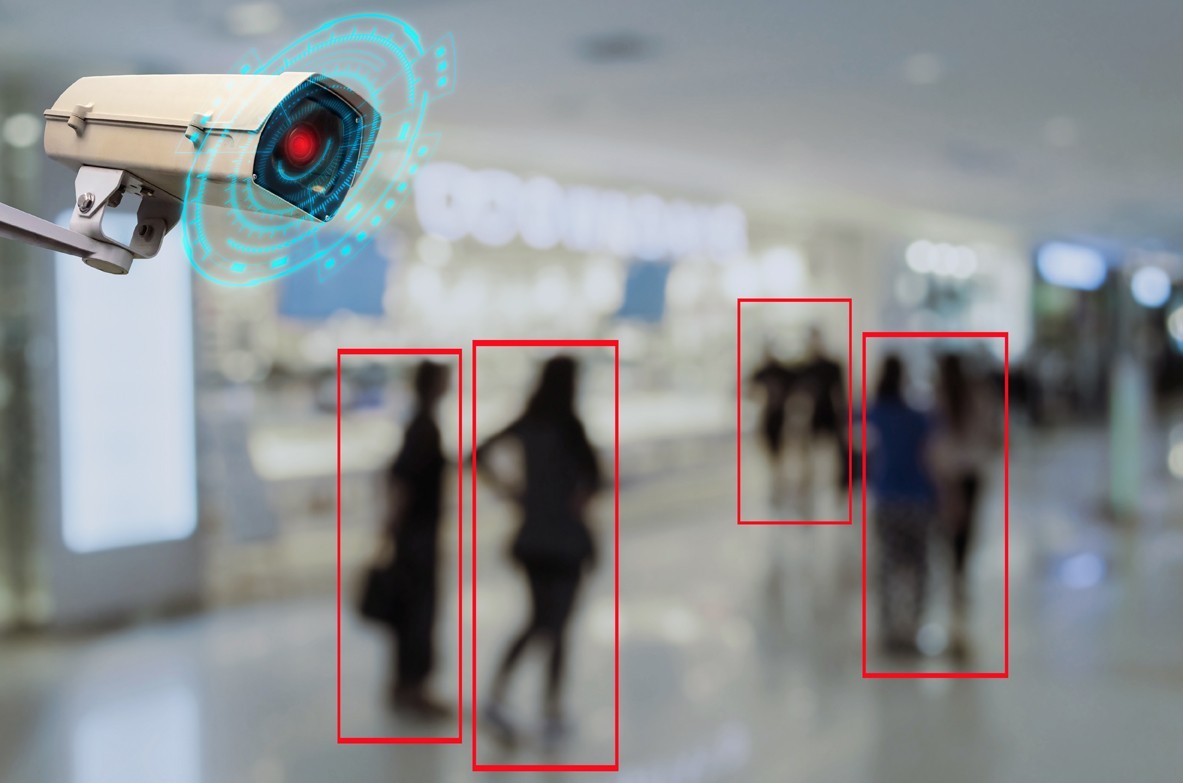
Stay up to date.
Subscribe for latest news, protection tips, special offers, and more!

